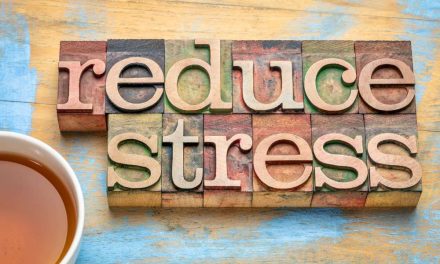Understanding the differences between acute and chronic stress is key in mental health. It’s important to know how each type affects us. This knowledge helps us deal with the challenges of modern life better.
Acute stress is our body’s quick response to danger. It prepares us to face or flee from threats. But, if this stress lasts too long, it can turn into chronic stress.
Chronic stress is a long-lasting state of being stressed. It affects our body and mind in many ways. Unlike acute stress, it doesn’t go away quickly. It can lead to serious health problems, like heart disease and weakened immune systems.
Knowing the differences between acute and chronic stress helps us manage stress better. It’s a step towards better mental health and resilience. This knowledge helps us take care of ourselves in a more complete way.
Understanding the Fundamentals of Stress Response
Stress is a natural response of the human body. It helps us deal with tough situations. At the heart of this is the body’s fight-or-flight mechanism. This plays a big role in our emotional health and managing stress.
The Body’s Natural Fight-or-Flight Mechanism
When we face a stressful situation, our brain sends out hormones like adrenaline and cortisol. These hormones get our body ready to act fast. They make our heart beat faster, blood pressure go up, and muscles tense.
This reaction is how our body gets ready to face or run from the stressor.
How Stress Affects Brain Chemistry
Stress also changes the brain’s chemical balance. Long-term stress can mess with neurotransmitters like serotonin and dopamine. These chemicals help control our mood, thinking, and emotions.
Knowing how stress affects our brain is key to finding good ways to cope and stay emotionally well.
Physical and Emotional Stress Triggers
Stress can come from many things, both physical and emotional. Physical stressors might include being sick, hurt, or having trouble sleeping. Emotional stressors could be work pressure, relationship issues, or big life changes.
Knowing what triggers stress for us is the first step to managing it better.
| Physical Stress Triggers | Emotional Stress Triggers |
|---|---|
|
|
Understanding how our body and mind react to stress is very important. This knowledge helps us find good ways to manage stress and stay emotionally well.
Key Characteristics of Acute Stress
Acute stress is a short-term reaction to a sudden, intense situation. It’s different from chronic stress because it’s triggered by a specific event that quickly passes. Knowing how acute stress works is key to managing stress and keeping our minds healthy.
One key thing about acute stress is how short it lasts. It can last from minutes to hours. Once the stressful situation is over, the body’s response goes back to normal. This is different from chronic stress, which lasts much longer.
Many things can cause acute stress, like a big job interview or a sudden crisis. These situations make us feel like we’re facing a challenge or threat. This can be good, like when it helps us perform better. But too much stress can cause physical and emotional problems.
| Symptom | Description |
|---|---|
| Increased Heart Rate | The heart pumps faster to deliver more oxygen-rich blood to the muscles, preparing the body for action. |
| Heightened Senses | Acute stress can sharpen the senses, making individuals more alert and attuned to their surroundings. |
| Muscle Tension | The body’s muscles tense up, ready to respond to the perceived threat or challenge. |
| Sweating | The body activates the sweat glands to help regulate temperature and cool the body during physical exertion. |
Understanding acute stress helps us deal with short-term challenges. This supports our stress reduction and mental health goals.
Anxiety and Stress: The Connection to Chronic Conditions
Chronic stress and anxiety are closely linked. They deeply affect our health. It’s key to understand their connection for emotional wellness and preventing chronic conditions.
Long-term Effects on Physical Health
Long-term stress harms our physical health a lot. It can lead to heart disease, high blood pressure, and weakened immune function. It also increases the risk of diabetes, obesity, and certain cancers.
Impact on Mental Well-being
Chronic stress affects our mental health too. It can cause depression, burnout, and a decrease in mental health. These issues can worsen physical symptoms, creating a cycle that harms our quality of life.
Development of Anxiety Disorders
Stress can lead to anxiety disorders like generalized anxiety disorder and panic disorder. These conditions make daily life hard and may need mental health treatment.
Seeing how anxiety, stress, and chronic health conditions are connected is the first step to better wellness. By tackling these issues early, we can improve our emotional and physical well-being. This leads to a healthier, more fulfilling life.

Recognizing the Warning Signs and Symptoms
It’s important to spot the early signs of stress to keep your mental health in check. Knowing both physical and emotional signs helps you tackle stress early. This way, you can focus on your self-care and manage stress better.
Some common physical signs of too much stress are:
- Headaches or migraines
- Muscle tension or pain
- Fatigue or exhaustion
- Digestive issues like nausea or stomach aches
- Changes in sleep patterns, either insomnia or oversleeping
Emotional and behavioral signs include:
- Increased irritability, mood swings, or anxiety
- Difficulties concentrating or making decisions
- Withdrawing from social activities or relationships
- Decreased productivity or performance at work or school
- Engaging in unhealthy coping mechanisms like overeating or substance abuse
If you’re seeing these signs, it’s time to rethink your stress management plan. Talking to a mental health expert can help you find ways to balance your life again.

Essential Stress Management Techniques and Coping Strategies
Dealing with stress can be tough, but we can take back control. Let’s look at key stress management and coping strategies that help a lot.
Mindfulness and Relaxation Practices
Mindfulness and relaxation can fight stress in our busy lives. Mindfulness keeps us in the moment, helping us handle challenges better. Activities like meditation, deep breathing, and yoga bring calm and peace, easing stress’s effects.
Professional Treatment Options
For long-term stress, getting help from experts is key. Cognitive behavioral therapy (CBT) changes negative thoughts, lowering stress and anxiety. Counseling offers a safe place to talk about feelings, learn coping, and gain insights.
Lifestyle Modifications for Stress Reduction
Changing our daily habits can greatly reduce stress. Taking care of ourselves with regular exercise, healthy food, and enough sleep boosts our strength. Building strong relationships and enjoying hobbies also helps lower stress.
Using many stress management and coping strategies can improve our well-being. Starting small and being mindful can lead to a less stressful life. The benefits are worth the effort.
| Stress Management Technique | Benefits |
|---|---|
| Mindfulness and Relaxation Practices | Cultivates inner calm, reduces physical and emotional stress |
| Cognitive Behavioral Therapy (CBT) | Helps identify and reshape negative thought patterns, reduces anxiety |
| Lifestyle Modifications | Improves physical and mental well-being, enhances stress resilience |
Conclusion
Understanding the differences between acute and chronic stress is key to emotional wellness. Stress, whether short-term or long-term, affects our mental and physical health. It’s important to recognize signs and find a stress management plan that fits you.
Knowing how stress impacts our bodies and brains helps us tackle anxiety and stress. We can use mindfulness, seek help, or change our lifestyle to regain control. These steps can lead to a healthier, more balanced life.
Stress is a part of life, but how we handle it matters most. By focusing on emotional wellness, we can deal with acute stress and avoid chronic anxiety and stress. Use the strategies from this article to start a journey towards better stress management and a more fulfilling life.
Managing anxiety and stress is a personal journey. But with the right knowledge and tools, we can face challenges with confidence. Remember, you’re not alone. Seek support, be kind to yourself, and always put your mental and emotional health first.
Additional Resources for Stress Management and Mental Health Support
As you work on managing stress and improving your mental health, there’s a lot to explore. You can find help from organizations, self-care tools, and books. These resources can help you learn more and find the support you need.
If you need help right away, consider calling the National Stress Management Hotline or the Mental Health America Helpline. They offer free, confidential services to connect you with counselors and local resources. The Substance Abuse and Mental Health Services Administration (SAMHSA) also has a directory of treatment facilities and support programs across the U.S.
To learn more about stress reduction and mental health, check out the websites of the American Psychological Association, the Mayo Clinic, and the National Institute of Mental Health. These sites have practical tips, research-backed strategies, and educational materials. They aim to help you on your path to better self-care and emotional well-being.
read more: The effects of chronic stress on the brain
We might recomend helpful products and if you buy through our links, we may earn a commssion.






